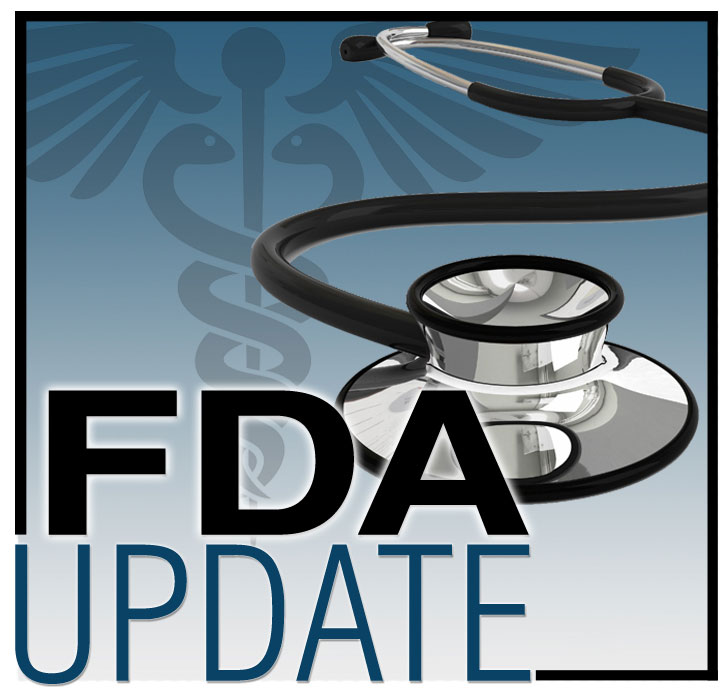
On July 7, 2017, the U.S. Food and Drug Administration (FDA) approved L-glutamine oral powder (Endari, Emmaus Medical, Inc.) for oral administration to reduce the acute complications of sickle cell disease in adult and pediatric patients five years and older.
Approval was based on data from a randomized, double-blind, placebo-controlled, multi-center clinical trial (NCT01179217) enrolling 230 patients (5 to 58 years old) with sickle cell anemia or sickle β0-thalassemia who had two or more painful crises within the 12 months prior to enrollment. Eligible patients stabilized on hydroxyurea for at least 3 months, continued their therapy throughout the study. Patients were randomized to receive either L-glutamine or placebo for 48 weeks followed by three weeks of drug tapering.
Efficacy was demonstrated by a reduction in the number of sickle cell crises through Week 48 among patients who received L-glutamine compared to those receiving placebo. A sickle cell crisis was defined as an emergency room/medical facility visit for sickle cell disease-related pain treated with a parenteral narcotic or parenteral ketorolac. The occurrence of chest syndrome, priapism, and splenic sequestration were considered sickle cell crises. Over the 48-week period, patients receiving L-glutamine had a median of 3 sickle cell crises compared with a median of 4 crises for those receiving placebo. Treatment with L-glutamine also resulted in fewer hospitalizations due to sickle cell pain, fewer cumulative hospital days, and a lower incidence of acute chest syndrome.
The most common adverse reactions occurring in greater than 10% of patients treated with L-glutamine were constipation, nausea, headache, abdominal pain, cough, pain in extremity, back pain, and chest pain. Treatment discontinuation due to adverse reactions was reported in 2.7% (n=5) of patients receiving L-glutamine. These adverse reactions included one case each of hypersplenism, abdominal pain, dyspepsia, burning sensation, and hot flash.
The recommended dose of L-glutamine is 10 grams to 30 grams per day (based on body weight) taken orally, twice daily. See recommended dosing based on weight listed in the product label. Each dose should be mixed in 8 oz. (240 mL) of cold or room temperature beverage or 4 to 6 oz. of food before ingestion.
Full prescribing information is available.
FDA previously granted Orphan Drug Designation to L-glutamine for this indication. A description of FDA expedited programs is in the Guidance for Industry: Expedited Programs for Serious Conditions-Drugs and Biologics.
Healthcare professionals should report all serious adverse events suspected to be associated with the use of any medicine and device to FDA’s MedWatch Reporting System by completing a form online, by faxing (1-800-FDA-0178) or mailing the postage-paid address form provided online, or by telephone (1-800-FDA-1088).
Follow the Oncology Center of Excellence on Twitter @FDAOncology.
Check out recent approvals at the OCE’s new podcast, Drug Information Soundcast in Clinical Oncology (D.I.S.C.O.).
In collaboration with the FDA and as a service to our members, ONS provides updates on recent FDA approvals and other important FDA actions (e.g., updated safety information, new prescribing information) pertaining to therapies for patients with cancer. This allows the agency to inform oncologists and professionals in oncology-related fields in a timely manner. Included in the FDA updates is a link to the product label or to other sites for additional relevant clinical information. In supplying this information, ONS does not endorse any product or therapy and does not take any position on the safety or efficacy of the product or therapy described.





